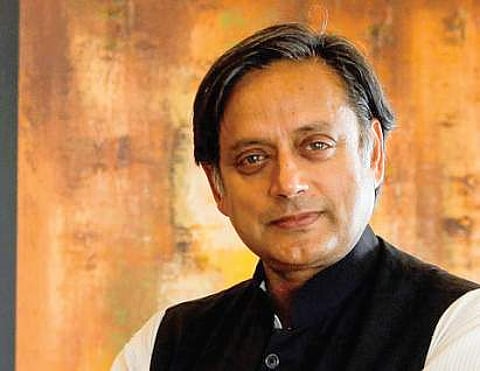

Sashi Tharoor opens up about his latest book.
Why do you think the Raj is an era of darkness?
The Raj deindustrialised India; created landlessness and poverty; drained our country’s resources; exploited, exiled and oppressed millions; sowed seeds of division and inter-communal hatred that led to Partition; and was directly responsible for the deaths of 3.5 crore people in mismanaged famines, as well as of thousands in massacres and killings. That just skims the surface of my arguments, but it sounds a lot like darkness, doesn’t it?
Isn’t there a fair share of positive outcomes of the British rule in India?
My book examines each of these supposed boons in turn—political unity, democracy, rule of law, civil services, railways, English language, tea and even cricket—and demonstrates how every one of them was designed to serve British interests and any benefit to Indians was incidental. The roads and railways were built to help the British, not to suit the Indians.
Do you think the colonial history being taught at schools is lacking?
Well, I first learned history in India, but that was long ago. However, the way my Oxford speech went viral suggests that much was unfamiliar to Indians—I put together arguments about the Empire that people hadn’t heard in that way. It certainly seemed to strike a chord. Historical material is available to everyone who’s willing to look for it, but perhaps it’s been taught inadequately, and that’s why it might be useful to people to have the arguments in one place.
Do you think India will ever get the expected apology?
No sign of it so far! Also, many Brits are genuinely unaware of the atrocities committed by their ancestors, and live in the blissful illusion that the Empire was some sort of benign blessing for the ignorant natives. So it would come as a rude shock to many to see their PM apologising to India, as Canada’s Trudeau did. They don’t teach students truths of their colonial past.
Where does your book figure in the present nationalist pride fever?
As a secular liberal I am proud to call myself an Indian nationalist: I see no contradiction there. I feel strongly that the whole idea of Indian nationalism was welcoming, open and inclusive. My basic analysis of colonialism should be acceptable to Marxists and Hindutva-types alike, as well as Congress nationalists. But we disagree when I speak of 200 years of foreign rule—and they speak of 1,200 years, to include Muslim rulers as well. As far as I am concerned, the Muslim rulers were unlike the British, because they
stayed and assimilated here, married into Indian society and made this country their home.
If the British Raj never happened, how would India have been now?
Given the impulse for political unity throughout Indian history—witness the empires of the Mauryas, Guptas, Mughals—it’s reasonable to argue that if the British hadn’t welded the subcontinent together, the Marathas or someone else would have. And since they were quite happy ruling under a Mughal figurehead, they wouldn’t have partitioned that political unity either, as the British did. We might have had a constitutional monarchy rather like the Brits themselves!